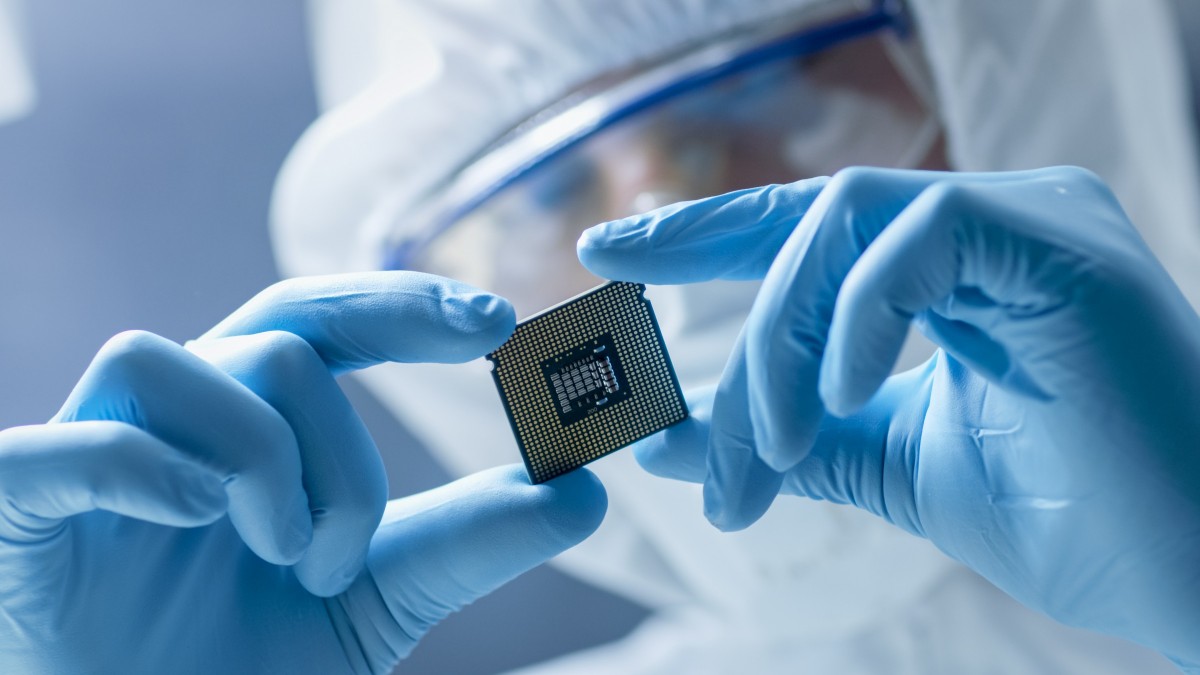Source: ING
EU Chips Act: a good idea
The EU Chips Act will promote economic growth in the coming decade. It is vital that Europe reduces its dependence on imports from Asia and elsewhere and mitigates geopolitical risks this way. With the help of policymakers, future European industries should be able to benefit from European-based, chip manufacturing capabilities that are state of the art. It would be good if local production capacity of semiconductors matched the demand from European end-markets by the end of the decade. This way, the economy is less exposed to supply chain disruptions, but can also fully take part in future developments in the field of artificial intelligence (AI) and autonomous, industrial systems, where leading-edge chip innovations will play a crucial role. Basically, every sector that will use AI systems needs advanced semiconductors. Europe, therefore, needs to be a part of these developments to remain relevant.
State of the art semiconductors are needed to execute the EU’s sustainability agenda as well. The electrification of the economy requires more frequent use of semiconductors, while any new generation of chips will use less energy. The existing European chip ecosystem will become stronger with additional investments in research and design (R&D). It will also profit from being larger, with more local production and improved availability of resources. Semiconductors are highly complex products. Manufacturing them requires many interdependent steps, performed by multiple companies. A multitude of specialised equipment is therefore required for production as well as hundreds of unique materials and specialty chemicals.
Although European companies are represented in many steps of the semiconductor manufacturing value chain, Europe does not have a complete network of clients, suppliers and knowledge institutes. The presence of a next-generation semiconductor fabrication (fab) plant in Europe, producing leading-edge chips, would be an important next step towards creating a more complete ecosystem and thus have positive spill-over effects, driving investment in European supply chains and act as a magnet for scarce talent. We expect the investment package to amount to more than €12bn in public and private investment on top of more than €30bn of public investment already foreseen. Because dependencies between regions will persist, it is important to have a strong negotiating position, with more local production, to secure supplies, if this is needed in the future.
